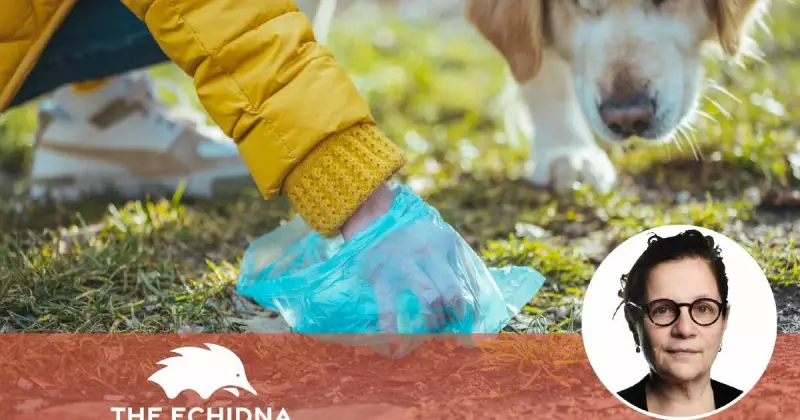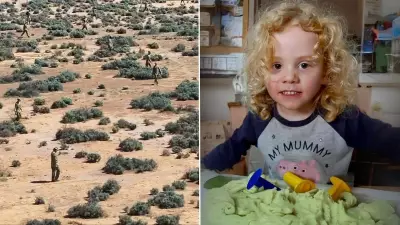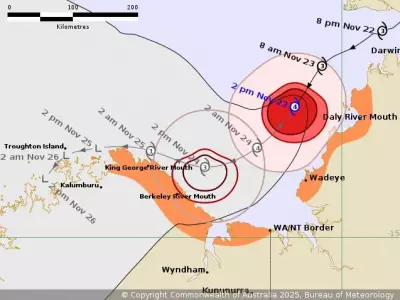
Wildlife rescuers across Australia are sounding the alarm after a dramatic increase in echidnas suffering horrific injuries from pet attacks. These spiny monotremes, among our most unique native species, are facing a growing threat from domestic animals in suburban areas.
The Disturbing Trend
Wildlife rehabilitation centres report treating numerous echidnas with severe wounds consistent with dog attacks. Many arrive with multiple puncture wounds, broken spines, and life-threatening infections. The survival rate for these ancient creatures remains concerningly low despite intensive veterinary care.
Why Echidnas Are Particularly Vulnerable
Echidnas possess a unique defence mechanism – when threatened, they curl into a ball, exposing only their sharp spines. While effective against most natural predators, this strategy becomes tragically insufficient against determined domestic dogs. Their slow movement and ground-level foraging make them easy targets in areas where pets roam freely.
The Call for Responsible Pet Ownership
Wildlife experts emphasise that simple measures could prevent most of these incidents:
- Secure fencing: Ensure your yard contains proper barriers that prevent pets from wandering
- Supervised outdoor time: Never leave dogs unattended in areas where wildlife might be present
- Night-time containment: Echidnas are most active during evening hours when many pets are left outdoors
- Immediate action: If your pet injures wildlife, seek immediate veterinary assistance for the animal
Broader Environmental Impact
Echidnas play a crucial role in Australia's ecosystem as natural pest controllers. Their diet consists mainly of ants and termites, helping to maintain ecological balance. Each echidna loss represents not just an individual tragedy but a blow to local biodiversity.
As urban expansion continues to encroach on natural habitats, the responsibility falls increasingly on pet owners to ensure peaceful coexistence with our native wildlife. The survival of these remarkable creatures may depend on our willingness to be better neighbours in the environment we share.





